Our Food Industry Compliance services include Preventive Control Program development, risk assessments, label creation and review, and preparing for third-party certifications your customers expect. We’re with you for the long haul, offering support when the Canadian Food Inspection Agency or a third-party auditor requests an audit of your written food safety program or facility.
If you import or create meat, fish, dairy, eggs, fruits, vegetables, honey, or maple syrup products, no matter how big or small you are, you must have a written fully compliant food safety program. Our programs consist of a risk analysis based on the Canadian Food Inspection Agency’s Food Safety Enhancement Program (FSEP) as well as a detailed, proven PCP. Whether you rely on third parties for storage, have your own storage, or even have your own processing facility, we will craft a customized food safety program for your business. This always includes virtual training to ensure you maintain the program successfully according to CFIA requirements. Whether you want to manage it all or have us support you with it, we are here to help.
Importing Fresh Fruits or Vegetables
For anyone thinking about importing fresh fruits and vegetables, there are additional requirements that we can help you with.
Processing Meat and Meat Products
Thinking about processing meat or making foods that contain meat? If you sell your products outside the province where you make them, you will need a special CFIA meat licence. This is an intense program that requires lots of record keeping and special premises requirements. It’s always a good thing to reach out to us before building anything where you would like to make these products to make sure your program meets CFIA regulations right from the start.
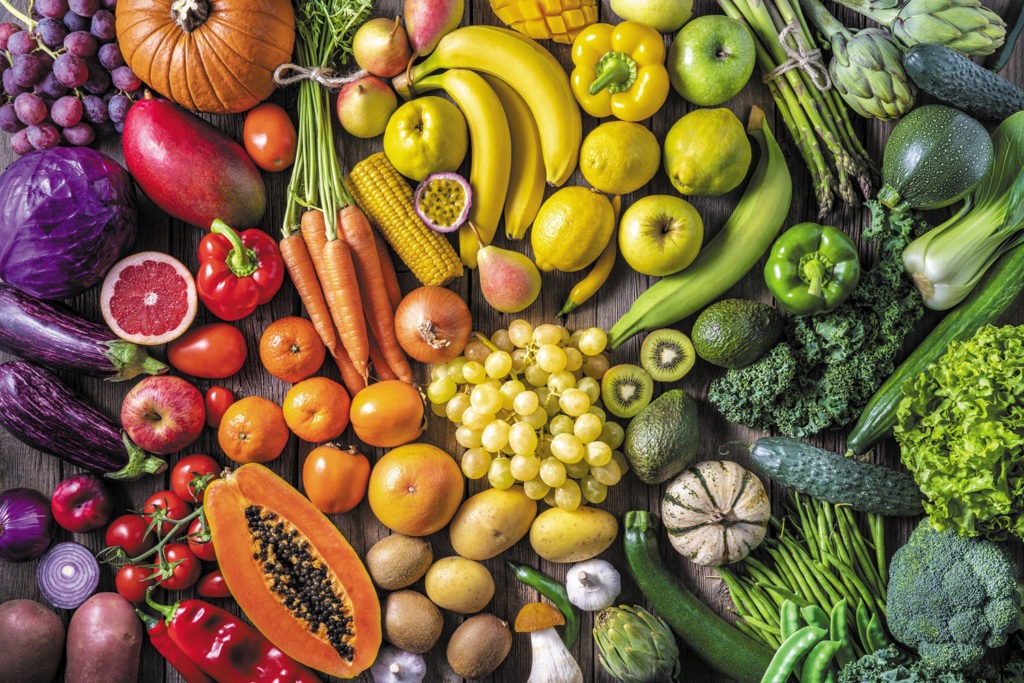
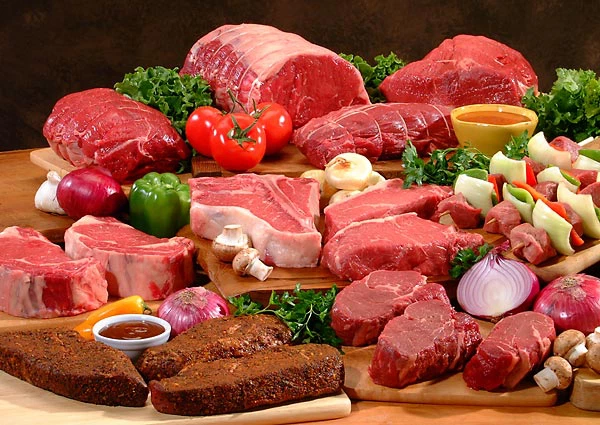

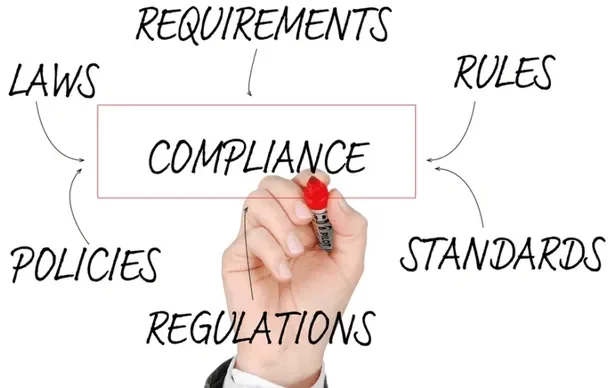
Canada has regulations for importers and food manufacturers that are complex, and it can be hard to understand where to start.
While Canada’s Safe Food for Canadians Regulations require a full written program for any importer or manufacturer selling more than $100,000 a year, some small importers and processors are exempt from having a written program. Despite the exemption from writing what you do down, the Canadian Food Inspection Agency (CFIA) still requires these small businesses to fully understand how food safety systems work, including things like lot tracking, mock recalls, supplier approval, and complaints handling. All businesses involved with the importation or manufacture of food must conduct at least ONE MOCK RECALL a year. Let us help you get SFCR Ready – we provide programs and training to be sure you meet CFIA’s requirements. Our programs are tailor-made just for your unique business. We don’t just write up a series of documents – we also make sure you understand how to maintain your program and be inspection-ready. Not feeling confident about your CFIA inspection? We also provide services to work with you and the CFIA for a successful inspection.
For those new to importing food to Canada, or importers looking to import new foods, being sure you meet all of Canada’s requirements such as labelling, ingredient and additive compliance, standard container sizes, standards of identity or conformance standards, special grade requirements and special import requirements, be sure to contact us before you begin your project.
There are special requirements for meat, fish, dairy (including milk powders and cheese), eggs, meat, fresh fruits and vegetables, processed fruits and vegetables, honey, and maple syrup. We can help you navigate these complex rules and policies before you import.
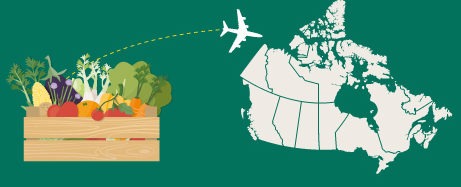
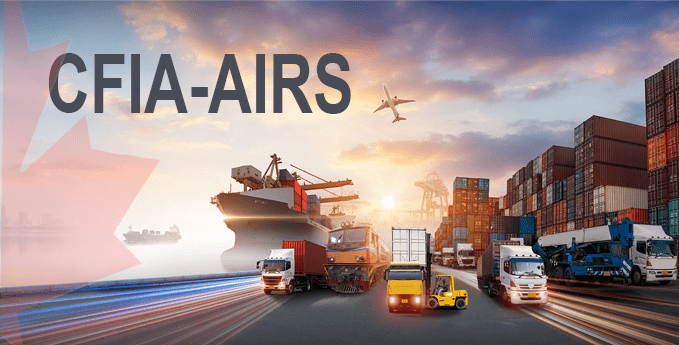
All imports must be accompanied by detailed shipping documents, including correct Harmonized System Codes (HS Codes). Identifying the correct code can be challenging. We can help you with these codes, as well as show you how the Canadian Food Inspection Agency’s (CFIA’s) Automated Import Reference System. CFIA’s AIRS identifies any restrictions or special document needs the food you wish to import may have in place. It’s always important to check in with AIRS before every order because restrictions change frequently – what was good to go last time may not be all right this time.
With all of the tariff wars going on, it’s also important to check to see if the product you are importing has tariffs or other restrictions, such as quotas associated with it. We can show you how to look this information up before you place that order. Some tariffs can be quite high if you don’t have access to quota.
Canada’s food label regulations are evolving – again. Be ready for this December 2025 deadline for front-of-pack (FOP) labelling. Any imported or domestic food that has more than 15% of the daily value of saturated fat, sodium, and/or sugars must carry a Health Canada “FOP” logo. While there are some exemptions from the rule, most foods that are high in these three nutrient categories will start to carry FOP symbols. We have a full catalog of FOP symbols that are right-sized for your package and will ensure you meet the requirements for these logos. If you think your products might need to have FOP logos, reach out to us for help.
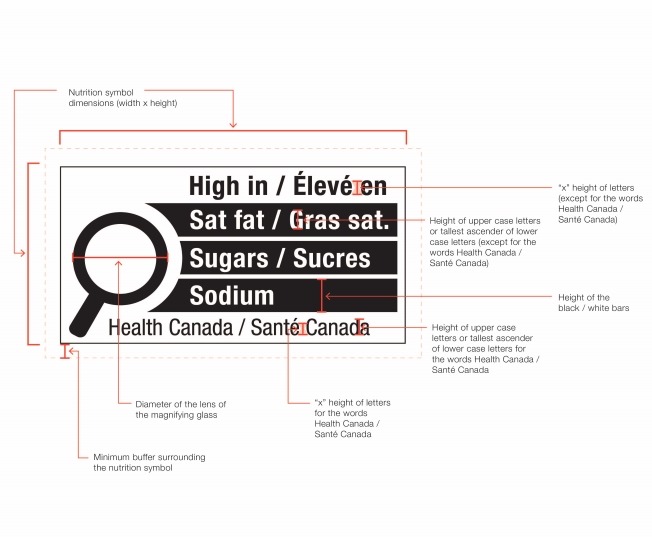
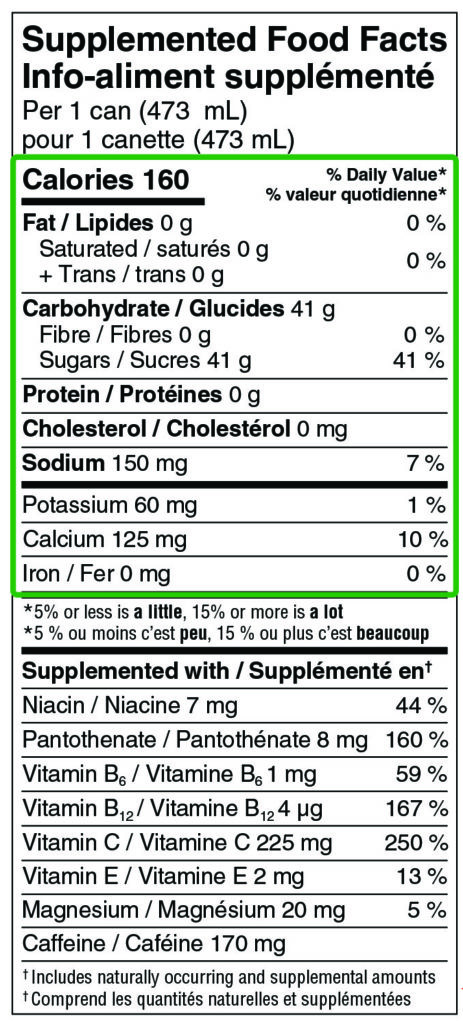
Supplemented foods are new in Canada – up until just a few years ago, products like energy drinks, vitamin-enriched beverages, and protein bars were sold under special market authorizations while they shifted from natural health product registrations to foods. Now these products can be sold without registration, but have strict rules around ingredients, claims, and labelling. Let us help you determine if your food can be sold as a supplemented food, and what you need to do to make sure the ingredients, claims, and labels meet the new rules. Remember that Health Canada considers social media posts and blogs, as well as websites, as extensions of a food label, so they also need to meet the rules. We can help you meet Health Canada’s rules about claims for supplemented foods.
Thinking of selling your products in the USA? The US has very different labelling requirements for food labels from Canada. We can help you with your US food label requirements. In the US, nutritional supplements are regulated like foods, so it’s important to check your ingredients, claims, and labels for the US. We can help with this.
Are you thinking about selling your products in Canada? Canadian food labels are globally unique, from the basics like bilingual labelling through to nutrition facts, claims, ingredients and additives, and allergen alerts. We can help with this.
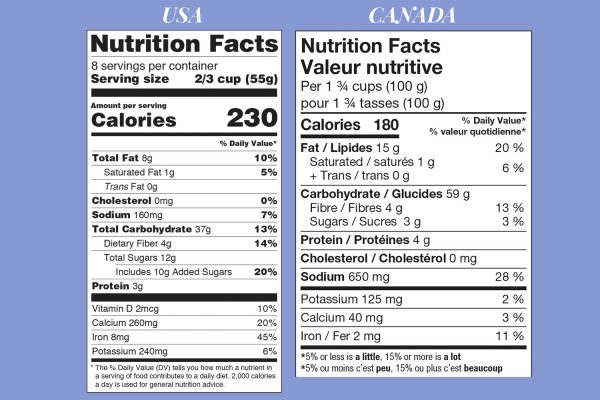
Don’t be fooled by online “label generators”, whether they are free or you pay a fee to use them. These apps don’t really generate a full label. Usually, they just generate a Nutrition Facts Table (NFT) in a single basic format, and the ingredient declaration. While these are important elements of a label, they do not include other required information such as the common name for the food, the net weight or volume of the product, the domicile, country of origin (where required), amongst other important labelling requirements. We always make sure that your labels meet the rules for the front and sides of the package. Additionally, we also make sure that the NFT has followed the best size and layout for your package, and that the ingredients and allergens are declared according to Canada’s labelling regulations. Contact us to check your labels or if you need help developing label content. Our label services are always available in English or French, and we help with translations as needed.
Our team has combined decades of experience working with CFIA regulators and inspectors and we can put this experience to work for you!

Have you received a notice from the Canadian Food Inspection Agency (CFIA) about an upcoming audit either virtually or in-person? Has CFIA asked to preview your written food safety program?
If you have received this type of request, and are unsure if your programs meet CFIA expectations, we can review your program, update it, and train you how to manage it in about three weeks! Need help with that Mock Recall? We can help with that as well, either completing one on your behalf with your data, or training you on how to do these ongoing. We help our clients not only with their programs but also with responses to CFIA requests and any follow-up that might be required to help ensure a satisfactory inspection.
Many retailers now require food importers, manufacturers, and logistics service providers to have third-party safety certification. Whether it is ISO or the Global Food Safety Standard (GFSI), or some other food safety certification scheme, many retailers or other customers are requiring businesses to have their preventive control programs reviewed to ensure they meet best practices, not just regulatory requirements. We can write, train, review, and fill gaps in your program as part of our support for your successful certification.

Canada has a special approach to things that are considered “new to Canada” for products, ingredients, food contact materials, and food additives. The first step is to determine if it is genuinely “new” or not. New foods, ingredients, and food additives must go through a very rigorous safety review process, not just for human safety, but also for environmental safety. We help businesses navigate this process, from pre-consultation meetings, gap analysis for submissions, and support to help fill those gaps. Successful reviews result in what Health Canada calls a “Letter of No Objection” (LONO). Reach out to us if you have any questions about the LONO process and how we can support you through it.